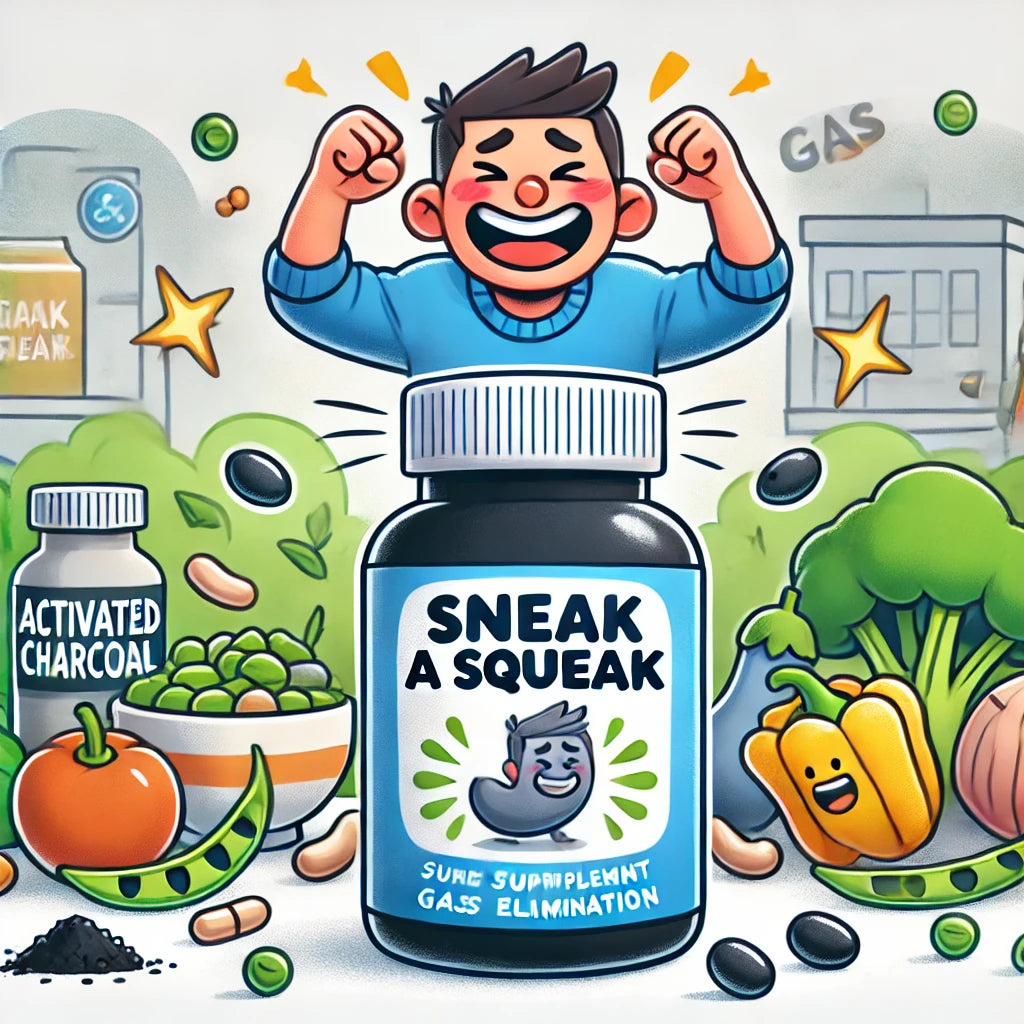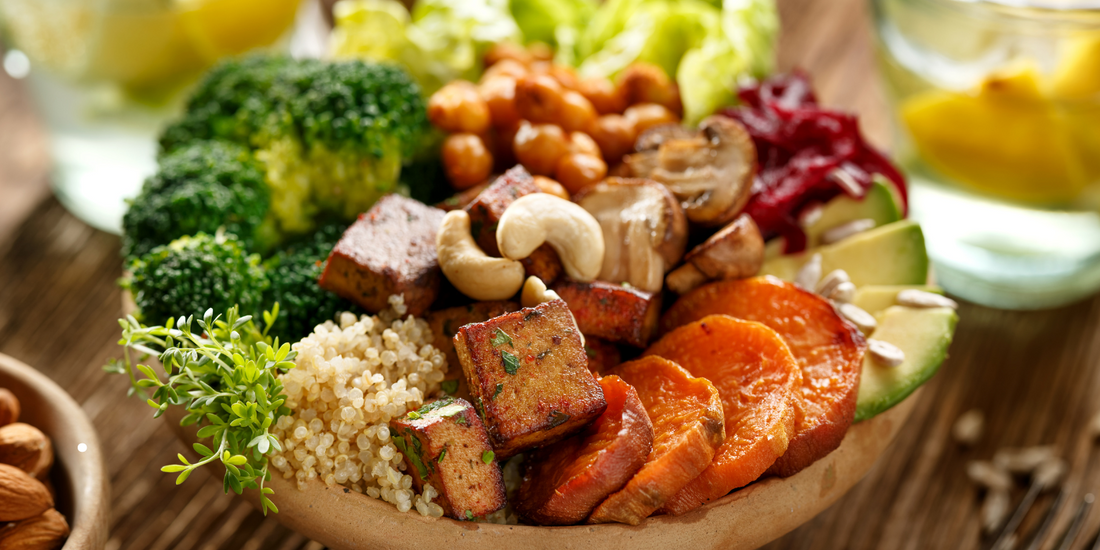Why Do We Pass Gas?
Flatulence, commonly known as passing gas, is a natural bodily function that occurs in all humans. But why do we pass gas in the first place? It primarily happens due to the digestive process. When we eat, we not only swallow food but also air. The digestive system breaks down the food, and as a result, gases like nitrogen, oxygen, carbon dioxide, methane, and hydrogen are produced. These gases need to be expelled from the body, leading to flatulence.
Additionally, certain foods are more likely to cause gas. Foods high in fiber, such as beans, lentils, and certain vegetables, are not fully broken down until they reach the large intestine, where bacteria ferment them, producing gas as a byproduct. This fermentation process is a significant contributor to why we pass gas.
Is Passing Gas Bad?
Passing gas is a normal and healthy part of digestion. In fact, the average person passes gas about 13 to 21 times a day. It’s a sign that your digestive system is working correctly and breaking down the foods you eat. However, excessive gas can sometimes be uncomfortable or embarrassing, especially if it comes with a strong odor.
Excessive flatulence can occasionally indicate an underlying health issue, such as lactose intolerance, irritable bowel syndrome (IBS), or a gastrointestinal infection. If you notice a sudden increase in gas or experience other symptoms like abdominal pain, it’s best to consult a healthcare professional.
Why Does Our Gas Smell Bad?
The unpleasant odor associated with flatulence is primarily due to sulfur-containing compounds. When certain foods are broken down in the digestive system, they produce sulfur gases like hydrogen sulfide, which has a distinctive rotten egg smell. Foods high in sulfur, such as eggs, meat, and cruciferous vegetables (like broccoli and cabbage), are more likely to cause smelly gas.
Another factor contributing to smelly gas is the balance of bacteria in your gut. Everyone has a unique microbiome, and certain bacteria produce more foul-smelling gases during digestion. While you can’t completely eliminate the odor, you can reduce it by paying attention to your diet and gut health.
Natural Ways to Prevent Smelly Gas
While passing gas is natural, there are several ways to reduce its odor and frequency:
-
Dietary Adjustments: Avoid foods known to cause gas, such as beans, lentils, carbonated drinks, and high-sulfur foods. Instead, opt for easily digestible foods like yogurt, lean proteins, and non-cruciferous vegetables.
-
Eat Slowly: Eating quickly can cause you to swallow more air, leading to increased gas production. Take your time to chew your food thoroughly.
-
Stay Hydrated: Drinking plenty of water helps move food through your digestive system more efficiently, reducing the chance of fermentation and gas production.
-
Probiotics: These supplements can help balance your gut bacteria, potentially reducing the production of smelly gases.
-
Activated Charcoal: This natural remedy can absorb gas in the digestive tract, reducing odor.
-
Sneak a Squeak: For those looking for an effective and natural solution, Sneak a Squeak offers a pill that makes your farts not stink. Made with ingredients like activated charcoal and chlorella, it works by adsorbing the smelly particles in gas, neutralizing the odor before it’s released.
Conclusion
Flatulence is a normal part of digestion, but that doesn’t mean you have to live with unpleasant odors. By understanding the causes of gas and making a few lifestyle changes, you can significantly reduce its frequency and smell. Natural remedies like Sneak a Squeak provide an easy and effective way to manage gas odor, allowing you to go about your day with confidence. So next time you feel a toot coming on, remember that a little knowledge and preparation can go a long way in keeping your gas under control.





